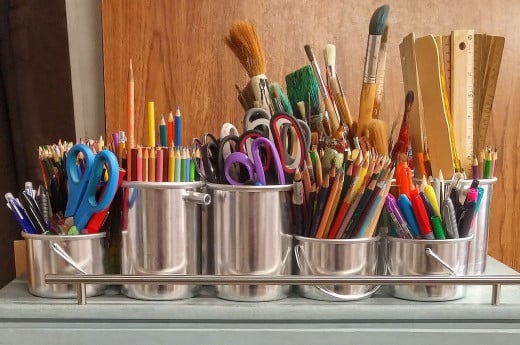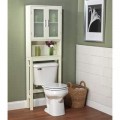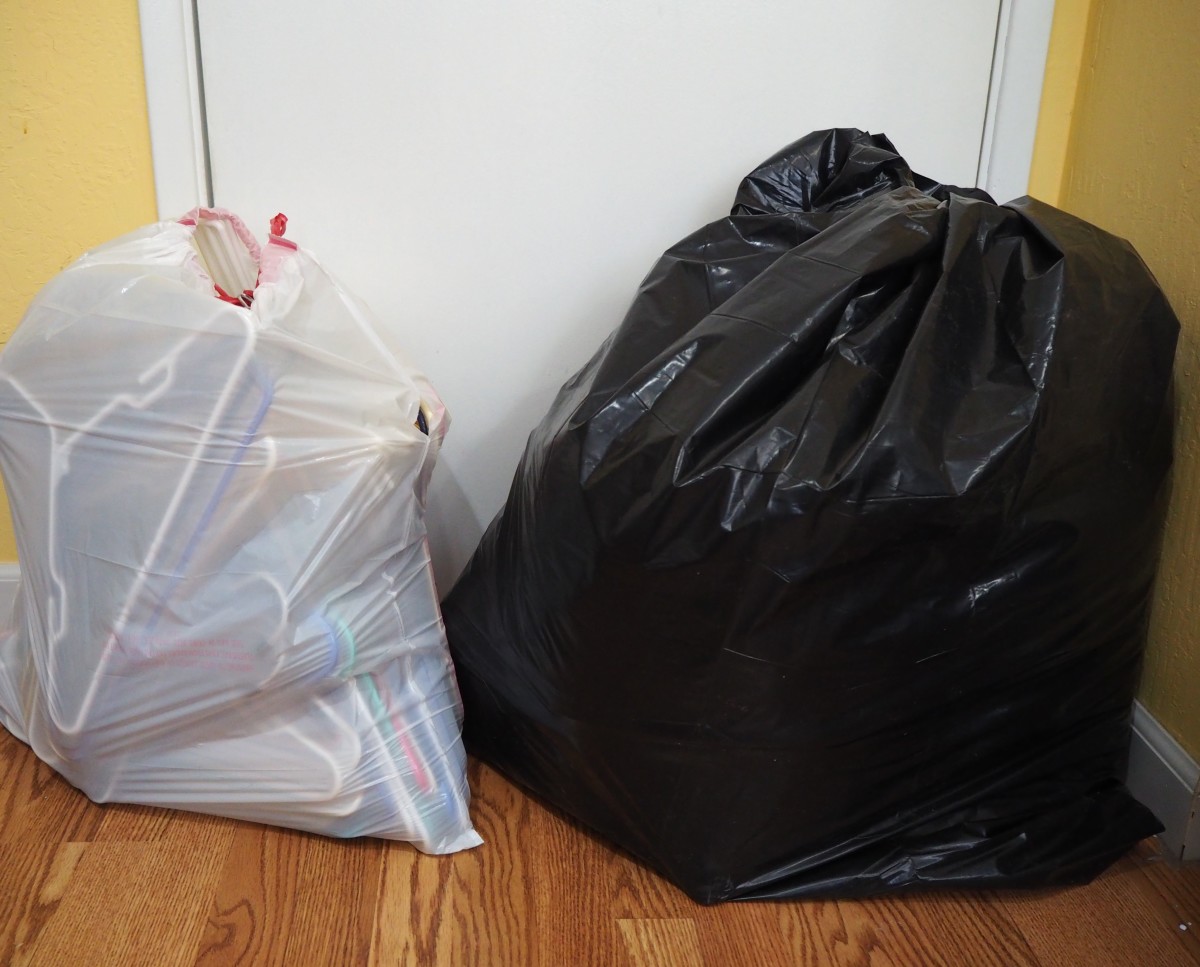- HubPages»
- Home and Garden»
- Cleaning»
- Organizing & Decluttering
Why You Hold Onto Things
What Is Aspirational Clutter?
Aspirational items are those you bought because you thought they'd improve your life.
Those kitchen gadgets suggested you'd spend less time in the kitchen while cooking healthier meals. The exercise equipment promised weight loss and health. Those clothes would be the perfect items to pack if you ever get around to taking that cruise. And let's not forget the books on your shelves that promised to transform you into a better parent, partner, employee, person - if you just read them.
You aspire to attain a goal and you buy the things that you think will help you reach those goals. But then, you lose motivation and the items end up collecting dust.
Buying an Item Is Easier than Using It

How Things Become Clutter
Things that don't get used can be considered clutter. They have no purpose in your home and they take space away from things that are important to you. Also, unused things make it more difficult to see what you do use - there's so much stuff it can be confusing!
If you bought something because you thought it would help you reach a goal - but you never use the item … and now it's been shoved to an out-of-the-way spot (a high shelf, the attic, a corner of the garage), it's time to call it clutter and question why you're holding onto it.
Aspirational items aren’t the things that you use ...
they are the things that you wished you used.
Still Want to Achieve that Goal? Do This
Because these items – anything from an air fryer to scrapbooking supplies to a canoe – are tied to the dream of how you wish you lived your life, they can be tricky to declutter.
As a decluttering coach, I help people figure out what’s important – what do they want to keep in their life and what do they want to release?
If someone wants to hold onto an aspirational item, I suggest they pull out their planner or calendar app and schedule time to take that camping trip, ride their bike, build a chair with their woodworking tools, etc.
If you aren’t willing to commit time to using these items and attaining one of your goals, why hold onto the items?
Maybe you can’t commit the time to this activity in the next week or month. That’s okay, you can schedule something six months from now.
If you aren’t excited to see an activity on your calendar,
maybe you don’t want to do it.
Take Supplies Out of Storage and See if that Inspires You to Use Them

The Joy of Releasing Expectations
Of course, if you declutter items associated with a goal you hoped to attain or a dream vision you had for your life, then you are also acknowledging that the goal or dream is no longer important to you.
And that's okay.
You change. Your life changes. You may regret not working toward a goal, but you also realize that other people and events were more important to you.
Owning items associated with a goal only help you achieve that goal if you do the work. Just owning an item isn't enough.
Chances are that letting go of these items will be something of a relief. You won't have a home cluttered with items that are nagging reminders about what you aren't doing.
Not participating in an activity – going on a cruise, knitting, doing yoga – probably doesn’t bother you until you see the items you bought to help you do that activity.
Although it can be disappointing to realize that you spent (possibly a lot of) money on the supplies and equipment for an activity that you never or rarely participated in, it can also be a relief to let go of these items.
When you get rid of these items (sell them, donate them, give them away to a friend), you aren’t just getting rid of the physical objects, you are freeing yourself of the expectation that you should be doing that activity. It’s a huge relief.
If you don’t make the time for something to be a part of your life,
then it isn’t a part of your life.
Create the Time and Space for What Matters to You

The Lesson Learned from Decluttering Things You Don't Use
Decluttering aspirational items shows you what isn’t important to you at this time in your life. You may wish the activities were important to you, but you have evidence that they aren’t.
Maybe you envisioned yourself as someone who would cook international meals and so you have a vast collection of cookbooks, special gadgets and appliances for preparing these meals, and even dry goods and spices in your pantry. You may have enjoyed shopping for these items, but you never used them.
Although it can be disappointing to realize that you’ll never be known for cooking anything more elaborate that spaghetti and (frozen) meatballs or chicken soup, you’ve learned that you’re more interested in preparing simple dishes and using your time for other pursuits.
Freeing yourself of these ambitions and letting go of these items helps you better see what activities fill your schedule and what items do get used. Decluttering what isn’t important creates more time and space for what you do value.








